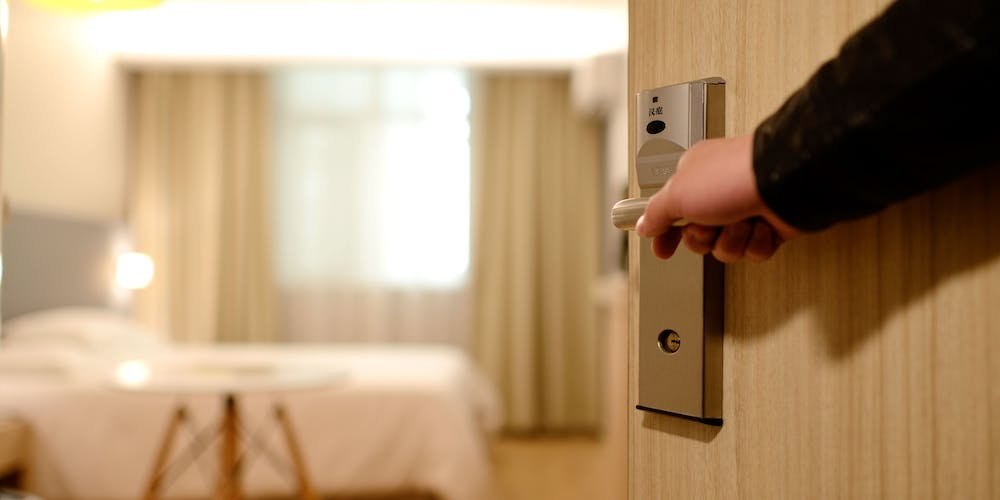
Word-of-mouth helps more than half of all consumers to some degree when choosing hotels
Word-of-mouth can really make or break the fortune of any product or service. A movie for instance, may have a slow start at the box office, but go on to reach cult status because enough people raved about how much they enjoyed it to everyone in their social circle. Similarly, a tourist could book a hotel only because a friend recommended it to them. In this piece, we dig further to see how influential word-of-mouth is for consumers when deciding on hotels and accommodations.
A recent YouGov survey asked consumers across 17 international markets if word-of-mouth helps them make purchase decisions across different categories. Earlier pieces discussed categories like healthcare services, financial services and electronics.
When it comes to hotels/accommodations, 16% of consumers across markets say word-of-mouth helps them a great deal with purchase decisions and nearly two in five consumers (39%) say it helps them a fair amount.
Fewer than a quarter of them (22%) however claim word-of-mouth doesn’t help them very much when deciding on hotels and accommodations and 9% say it doesn’t help them at all.
Consumers in our Nordic markets are least likely to find word-of-mouth helpful when zeroing in on hotels, accommodations
Moving on to data from individual markets, we see that Mexicans are the most likely (35%) across all our markets to say word-of-mouth helps them a great deal in choosing travel accommodation. Consumers in Hong Kong (31%) and UAE (28%) follow Mexicans. Overall, Asians are more likely than Europeans to say word-of-mouth helps them a great deal in this regard.
The Danes (4%), Swedes (6%) and British (9%) are the least likely across all markets to agree.
Hong Kongers account for the largest proportion of consumers (53%) who say word-of-mouth helps them a fair amount when choosing hotels. Consumers in Spain (48%) and Singapore (45%) follow. Within the US, consumers are most likely to say (32%) word-of-mouth helps them a fair amount to pick hotels. It’s a similar story in Great Britain, where two in five consumers (40%) are of the same opinion.
Consumers in our Nordic markets are the least likely to agree that word-of-mouth helps them a fair amount (28% in Sweden, 29% in Denmark). Consumers in these markets are in fact the most likely to say word-of-mouth doesn’t help them very much (35% in Sweden, 34% in Denmark) or it doesn’t help them at all (17% in Sweden and 14% in Denmark).
In Asia, Singaporeans (24%) lead in saying word-of-mouth doesn’t help them very much, while Indonesians join Singaporeans (7% each) to account for the largest proportion of Asians who say word-of-mouth doesn’t help them at all.
Finally, Germans and Americans (15% each) lead in saying they do not purchase products /services related to hotels and accommodations.
Explore our living data - for free
Discover more travel and tourism content here
Want to run your own research? Run a survey now
Make smarter business decisions with better intelligence. Understand exactly what your audience is thinking by leveraging our panel of 20 million+ members. Speak with us today.
Methodology: YouGov Surveys: Serviced provide quick survey results from nationally representative or targeted audiences in multiple markets. The data is based on surveys of adults aged 18+ years in 17 markets with sample sizes varying between 508 and 2001 for each market. All surveys were conducted online in September 2023. Data from each market uses a nationally representative sample apart from Mexico and India, which use urban representative samples, and Indonesia and Hong Kong, which use online representative samples. Learn more about YouGov Surveys: Serviced.